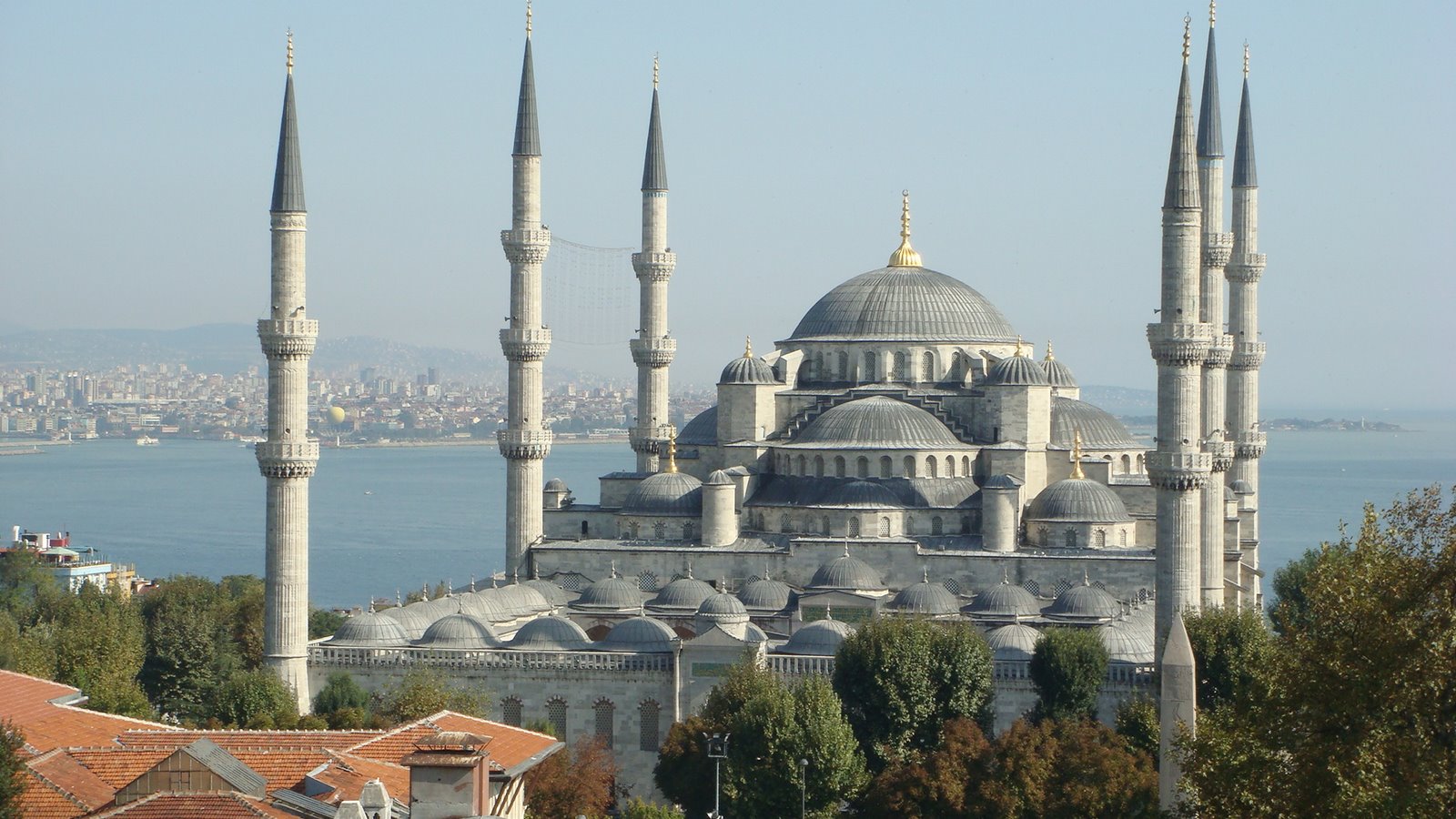
There is no state religion in Turkey because the government desires to preserve Turkey as a “secular and social State.” This classification did not occur until after the Ottoman Empire collapsed shortly after the First World War. Prior to that time, the government was completely intertwined with Islam, with the country’s governmental leader, the Sultan, being regarded as God’s representative on the earth.
Though the government no longer specifically supports Islam, 99 percent, or slightly less than that according to some religious communities, of the 77.8 million citizens of Turkey are Muslims. Most of those Muslims are Hanafi Sunnis, but several million are Alevis, and about 500,000 are Shiite Caferi Muslims. Additionally, there are thousands of Christians from several varying sects (with Armenian Orthodox Christians being the most prevalent with about 60,000 members), about 23,000 Jews, about 10,000 Bahais, and about 5,000 Yezidis. Out of all the various non-Muslim religious groups, only Armenian Orthodox, Greek Orthodox, and Jewish groups may officially call their places of worship churches or synagogues.
Although the government proclaims that the country is a secular state, the overwhelming Islamic majority necessitates some pro-Islamic legislation. For example, there is a strong bias against “inciting hatred against Islam.” Moreover, although the Constitution ensures religious freedom, this freedom is not always supported by actual social and political action.
Turkey’s current Constitution, which was enacted in 1982, establishes Turkey as a secular state. It also establishes that “everyone has the right to freedom of conscience, religious belief and conviction,” and that “[a]cts of worship, religious services, and ceremonies shall be conducted freely.”
For more, please see The Republic of Turkey: Law and Religion Framework Overview.